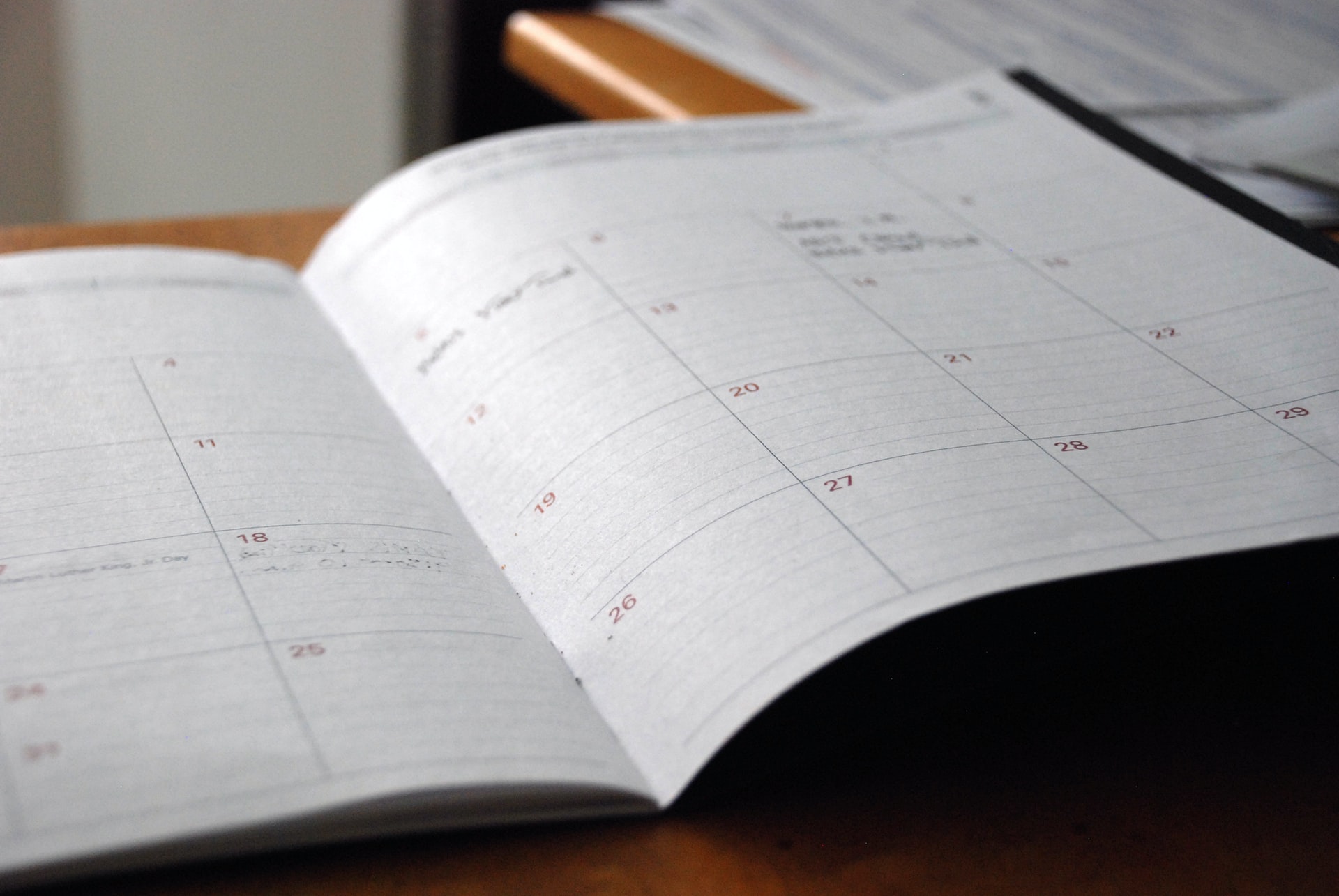Tax Courts Set to Resume, Though With Limited Capacity
July 17, 2020
written on behalf of Feigenbaum Law
During the peak of the COVID-19 crisis in Canada, the Tax Court of Canada cancelled judicial sittings from March 16, 2020. After just over four months without hearing any cases, the court has issued a Notice to the Profession announcing services will begin to re-open as of July 20, 2020. However, not all services or locations will be starting right away.
Limited Tax Court Locations
Even with courts back in operation, COVID-19 precautions will make it difficult to resume full operations across the country. As a result, the tax court will be limited to major cities across the country:
- Vancouver
- Calgary
- Edmonton
- Hamilton
- Toronto
- Ottawa
- Montreal
- Quebec
- Halifax
The notice to the profession, dated July 8th, states that unless parties are specifically advised otherwise, all hearings scheduled up to December 31, 2020, will be adjourned and rescheduled.
Suspension of Time
The court has stated that the period of March 16, 2020 to September 3, 2020 will be excluded for the computation of time under the Tax Court of Canada Rules and all other rules made under the Tax Court of Canada Act. The court also stated that it will look favourably on applications of extensions and encourages parties to consent to extensions of time limits.
The court noted, however, that it will not be issuing orders for new timetables with adjusted dates. Instead, it has stated that parties should add 173 days (equal to the time between March 26 and September 3) to existing timetables.
Some Issues Moving to Online or Remote Proceedings
All motion days are still suspended until further notice. However, parties who had a motion adjourned due to the closure of the courts can make a request for the motion to be heard in writing. Should a party not wish to have a motion dealt with in writing, the motion will be placed in a scheduling queue for in-person, online, or conference call proceedings.
In addition, the following proceedings are recommended to take place exclusively online or via teleconference:
- Case management conferences
- Status hearings
- Pre-trial conferences
- Motions without witnesses
- Applications without witnesses
An extension on the Preliminary Ruling Docket Procedure
In December 2019, the Tax Court of Canada introduced what’s known as the Preliminary Ruling Docket Procedure, formally known as Practice Note No. 23. The pilot project was introduced following requests from the legal community as a means of keeping costs down. In recognition that the costs of litigation increase along every step of the litigation process, the goal of the pilot was to provide parties with an option to pursue an expedited process for appeals.
For parties who wish to take part, their appeals enter a docket and receive a non-binding preliminary ruling on the appeal from a Tax Court of Canada judge. This will give all the parties the opportunity to determine whether they want to further pursue their appeal. The process is limited to appeals that meet the following criteria:
- the trial of the appeal is expected to last more than two days;
- the preliminary ruling hearing is expected to last no more than two days;
- both parties are represented by counsel;
- the appeal is a general procedure appeal;
- the appeal only involves questions of fact or of mixed fact and law;
- in the case of an appeal under the Income Tax Act, either:
- the aggregate amount of all amounts in issue is greater than $25,000 and less than or equal to $300,000 per taxation year; or
- the amount of the loss that is determined under subsection 152(1.1) of the Income Tax Act and that is in issue is greater than $50,000 and less than or equal to $600,000 per taxation year; and
- in the case of an appeal under Part IX of the Excise Tax Act, the amount in dispute is greater than $50,000 and less than or equal to $300,000 per reporting period.
The pilot was originally set to run for one year, beginning on January 1, 2020. However, in light of the COVID-19 pandemic, it has been announced that the pilot will now run through to December 31, 2021.
Contact the experienced team at Feigenbaum Law for assistance with personal tax matters as well as experienced representation in tax litigation. We offer services to clients in the US, Canada and around the world. Contact us online to learn more about how we can help or call us at (416) 777-8433 or toll-free at (877) 275-4792.





